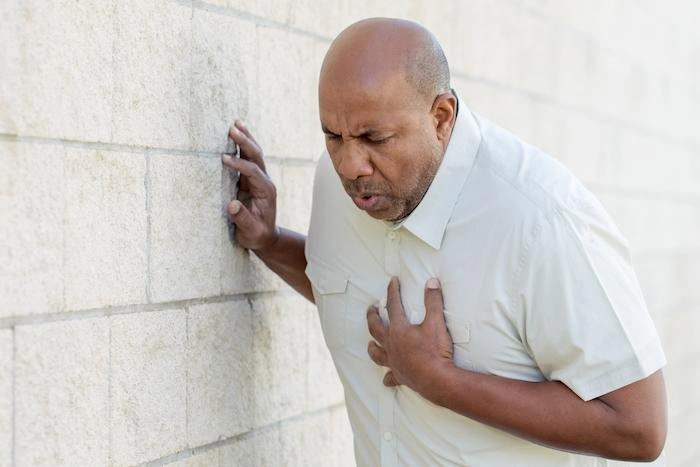We’ve all seen it in movies: The classic heart attack victim, clutching their chest and collapsing to the floor. But while chest pain is a common heart attack symptom, it’s not the only one — and many heart attacks happen without significant discomfort.
Nearly a million Americans have heart attacks every year. Learning to recognize the signs and symptoms of heart attacks can help you get medical care quickly — before serious complications occur. In this post, our team at Phoenix Heart, PLLC, reviews six heart attack symptoms we want all our patients to know about.
#1 Chest pressure
You may have heard this analogy: Having a heart attack feels like an elephant is sitting on your chest. Chest pressure or “squeezing” sensations are relatively common complaints associated with heart attacks. The pressure can feel like a rope being pulled across your chest or it can feel more generalized.
#2 Arm, back, or jaw pain
When major blood vessels are blocked, it can affect other areas besides the heart. Many heart attack victims report symptoms like jaw pain, pain in one or both arms, back pain, or even stomach cramps.
#3 Shortness of breath
Some heart attacks cause significant shortness of breath or difficulty catching your breath. You may feel like you’ve just finished an hour of intense exercise at the gym, even though you’ve just been resting or performing normal activities.
#4 Excessive sweating
Everybody sweats when it’s hot or during or after exercise. But if you find yourself suddenly breaking out in a sweat for no apparent reason, it could be a sign of a heart attack — especially if sweating is accompanied by any other symptoms listed here.
#5 Nausea
Nausea is another sign that’s less common generally but may be more common among women. Feeling sick to your stomach — whether or not you vomit — could be a sign of a heart attack, especially when accompanied by other symptoms.
#6 Dizziness or fainting
Lack of blood flow and just your body’s stress reaction during a heart attack can lead to feelings of lightheadedness or dizziness and may even cause fainting.
Why chest pain is so common
Even though you can have a heart attack without discomfort around your heart, chest pain is still the most common sign of a heart attack. Most chest pain happens when the heart is deprived of the blood it needs to function normally.
When blood flow is blocked — completely or almost completely — the heart “cramps up,” just like any other muscle that doesn’t get enough circulation. Chest pain is the way your heart signals you that it’s in trouble — and it’s a sign that shouldn’t be ignored.
In fact, many people who have heart attacks have recurrent chest pain preceding the attack. This pain is called angina, and it can be associated with many types of heart problems, including coronary artery disease (CAD), the leading cause of heart disease. Angina can be treated with medication — but again, it’s important to schedule an appointment as soon as possible to prevent a heart attack or other serious problem.
Of course, not all chest pain is caused by a heart attack. Heartburn, lung problems, and even muscle pulls can cause pain in the chest area. But if you have severe pain or pain accompanied by any of the other symptoms listed above, it’s very important to seek medical attention right away.
Don’t ignore your symptoms
If you suspect you’re having a heart attack, don’t hesitate — call 9-1-1 right away. To learn what you can do to improve your heart health and reduce your risk of having a heart attack or heart disease, call Phoenix Heart, PLLC, or book an appointment online at our offices in Glendale, Avondale, Anthem, and Canyon City, Arizona, today.


